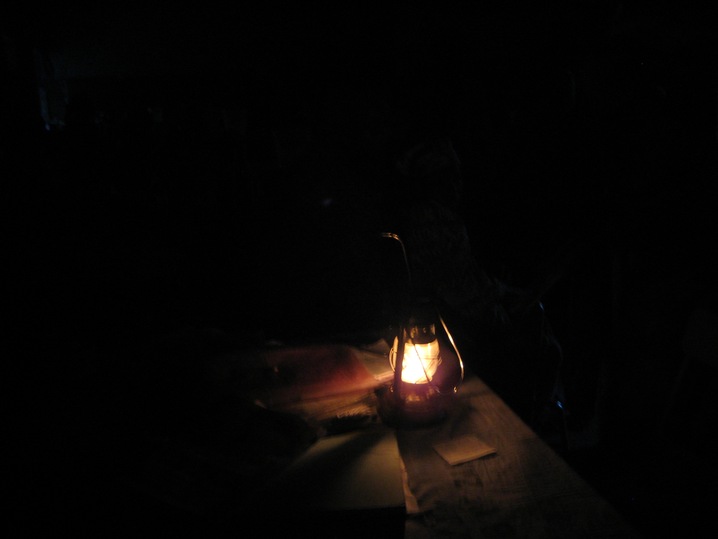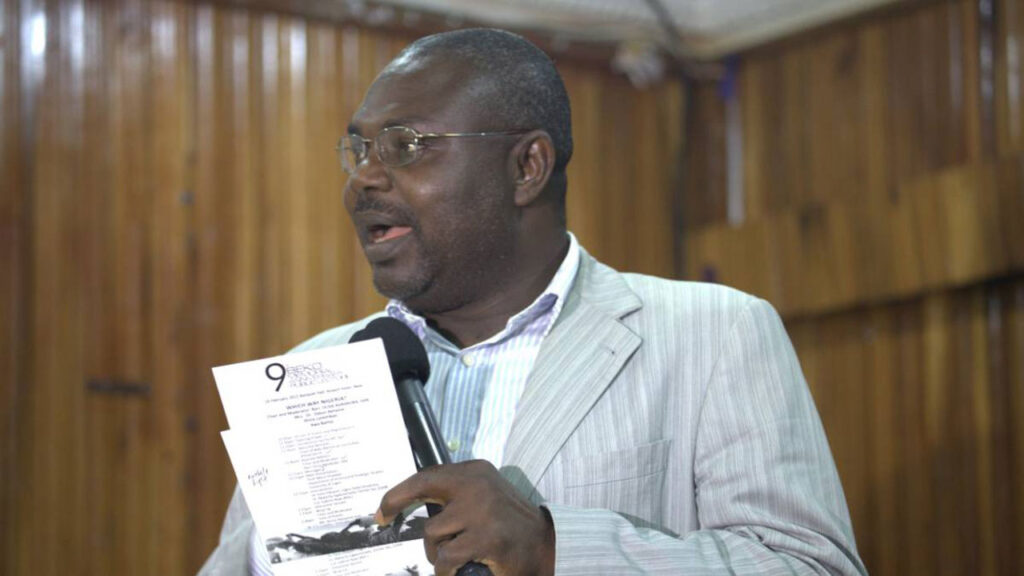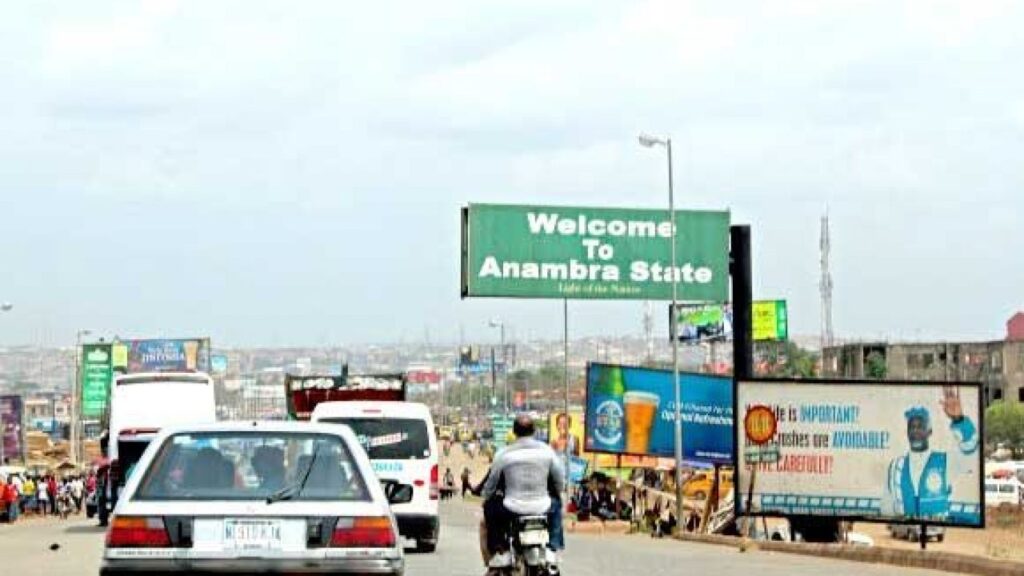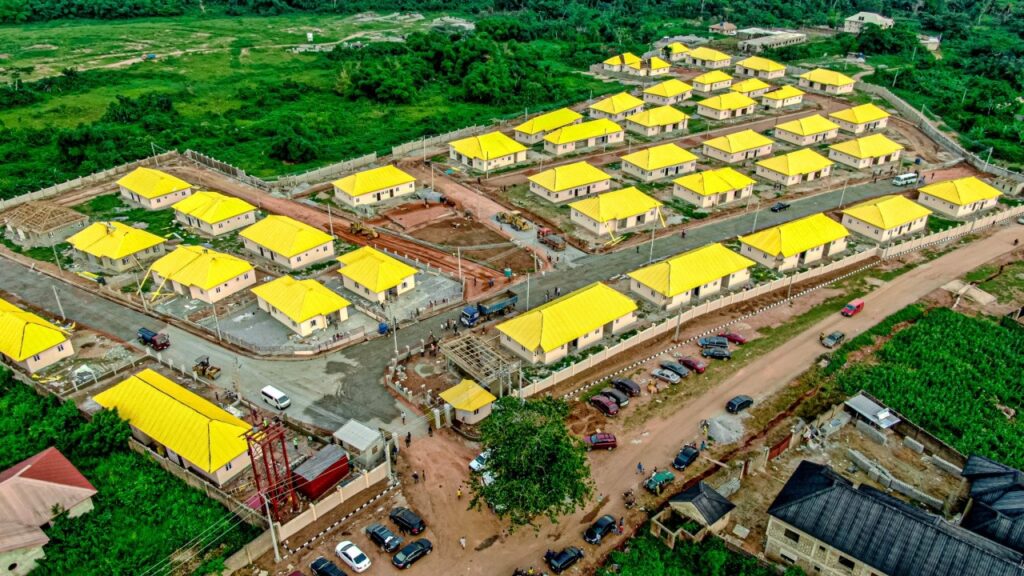
Nigerians have been plunged into darkness as the national grid crashed to zero generation capacity early this morning. The Nigerian Union of Electricity Employees (NUEE), primarily workers at the Transmission Company of Nigeria (TCN), reportedly deliberately shut down the grid.
The Guardian gathered that the grid went down between 1 am and 2 am today. Initially, the grid dropped to about 2,805 megawatts at 1 am, then plummeted to approximately 1,000 MW by 2 am, and further to 28 MW by 3 am, before finally reaching zero megawatts by 4 am. Although there are currently 16 power plants on the grid, most of the gas and hydropower plants have gone offline.
NUEE mobilised its members to enforce the strike action called by the Nigerian Labour Congress and the Trade Union Congress, which began this morning. Despite the power sector’s privatisation, TCN remains government-controlled and staffed by civil servants. Each generation plant has at least one TCN office, and during a strike, workers can open the breakers that offload electricity into the grid, thereby shutting down the plants.
Information on the TCN Independent System Operator’s website, which controls the national grid from Osogbo in Osun State, showed no power on the grid as of 7 am. Ndidi Mbah, General Manager of Public Affairs at TCN, confirmed that the national grid shutdown occurred at about 2:19 am.
“At about 1:15 am this morning, the Benin Transmission Operator under the Independent System Operations unit of TCN reported that all operators were driven away from the control room. Staff who resisted were beaten, and some were wounded in the process. Without any form of control or supervision, the Benin Area Control Center was brought to zero,” she said.
She added that other transmission substations shut down by the Labour Union include the Ganmo, Benin, Ayede, Olorunsogo, Akangba, and Osogbo substations. Mbah noted that power-generating units from various stations were forced to shut down some of their generating units. The Jebba Generating Station was forced to shut down one of its units, and three others in the same substation subsequently shut down due to very high frequency. The sudden forced load cuts led to high frequency and system instability, eventually causing the national grid to shut down at 2:19 am.
However, TCN said it commenced grid recovery at about 3:23 am, using the Shiroro Substation to attempt to feed the transmission lines supplying bulk electricity to the Katampe Transmission Substation, but the Labour Union continues to obstruct grid recovery nationwide.













